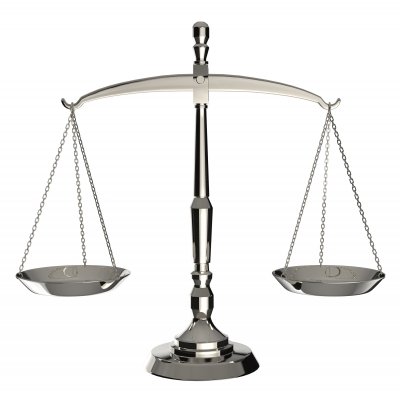The Directive on the Right to Interpretation and Translation in Criminal Proceedings of 2009 and that all EU country members should implement by October this year is definitely a breeze of fresh air in the justice policy that the European Union has encouraged throughout the last ten years. Mainly focused on passing laws that increased the powers of judges and prosecutors, it paid little attention to the adequate protection of one of the most important defense rights: the right to a fair trial.
According to this Directive, nobody accused of a crime will be denied a fair trial just because they do not speak or understand the language of the country in which they are arrested. Instead, they will be provided with a translator and/or interpreter free of charge.
Free image courtesy of FreeDigitalPhotos.net
Key Aspects of the Directive on the Right to Interpretation and Translation in Criminal Proceedings
In order to safeguard the fairness of the criminal proceeding, the presence of an interpreter should be provided during the police interrogation, in essential meetings between the client and the lawyer and at the trial. If the physical presence of the interpreter is not required, the interpretation can be offered remotely whether via telephone, Internet or videoconference.
In addition, suspected or accused people who do not understand the language of the proceedings must be provided with a written translation of those documents essential for them to exercise their right of defense. The documents that should be translated are: the detention order, the indictment and the judgment.
Both the interpretation and the translation should be offered by qualified legal professionals, part of a registry that should be made readily available to legal counsels, judges, prosecutors and other relevant authorities.
Implementation of the Directive
Some European countries such as Germany, France and the Netherlands have already started discussing how to implement this Directive in their own legislation. Others, such as Spain, have not adjusted the norm to the EU conditions but they will have to do it soon as October 2013 is right around the corner.



